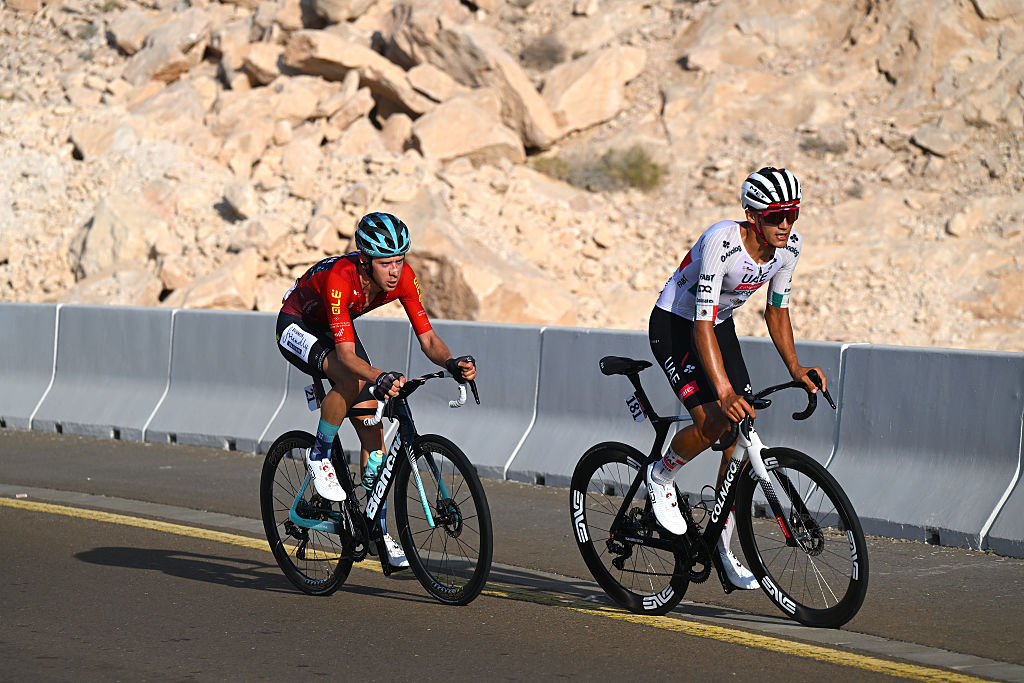Leblanc in favour of retrospective testing
One day after the substantial allegations made by French newspaper L'Equipe against Lance Armstrong,...
The latest race content, interviews, features, reviews and expert buying guides, direct to your inbox!
You are now subscribed
Your newsletter sign-up was successful
One day after the substantial allegations made by French newspaper L'Equipe against Lance Armstrong, according to which he had used banned drug EPO in the 1999 Tour de France, one of the topics of discussion in Europe includes the question whether retrospective testing should become an additional method in the fight against doping.
Jean-Marie Leblanc, director of the Tour de France, welcomes the idea. "This affair adds a new element to the fight against doping: retrospective detection is possible and, in my point of view, an additional tool," Leblanc told L'Equipe. "We are so sick of doping that all means can be used as long as they are morally acceptable. It would mean that two, three, four years after [an event], if science progresses, it could come back in time and say this or that sportsman cheated."
While Leblanc as race organiser has no legislative or disciplinary power, he is supportive of changes to the rules allowing retrospective testing on a disciplinary level. "It's a new phase opening up. Because the regulations are not adapted to this new situation. Therefore, an update is necessary. [...] The powers in the sport have a mission, which is to adapt disciplinary rules to the new order, and to possibly take sanctions. If they have the means and the courage to sanction, we will be on their sides entirely."
The opinions on the matter of the institutions concerned, the International Cycling Union (UCI) or the World Anti-Doping Agency (WADA) are not yet known. While UCI president Hein Verbruggen had to use the day to grasp the details of what is already known in Europe as 'the Armstrong affair' ("We have nothing official. We have to wait and see if the information are correct."), WADA Chairman Richard Pound points at the UCI as the institution in charge. "WADA did not formally exist at the time of the event [1999], so it can't do anything," Pound told L'Equipe. "The management of this dossier is up to the UCI now. In any case, Lance Armstrong as well as the other riders who were controlled positive in the study of the Parisian laboratory will have to explain themselves."
Pound did not reveal whether WADA will ask the UCI for the identity of the six remaining positive samples. "We will discuss it with David Howman, WADA's Director General," he said.
The latest race content, interviews, features, reviews and expert buying guides, direct to your inbox!
